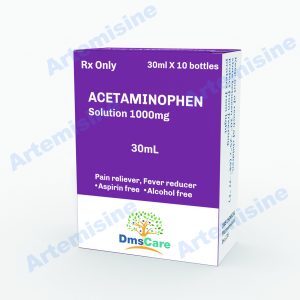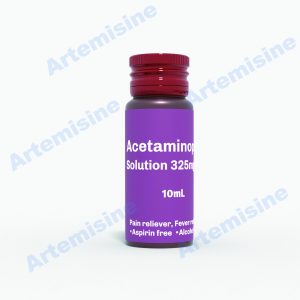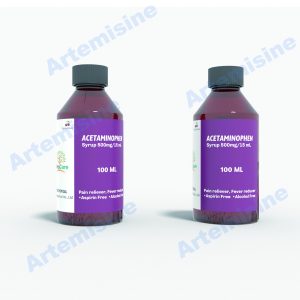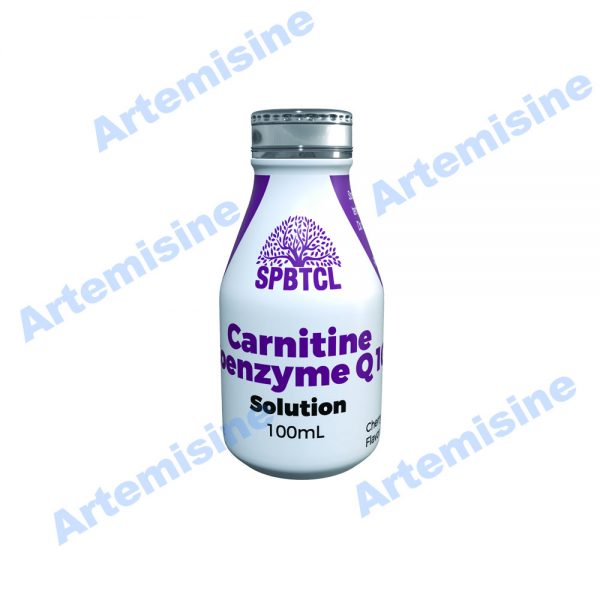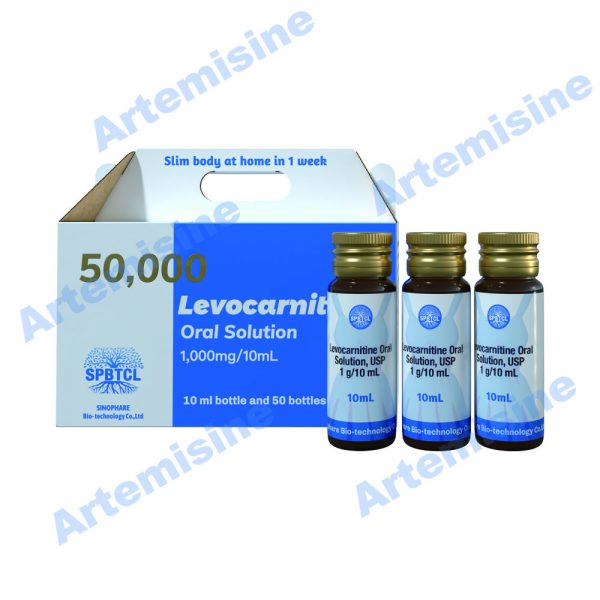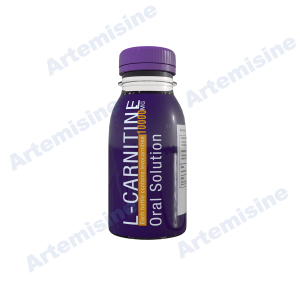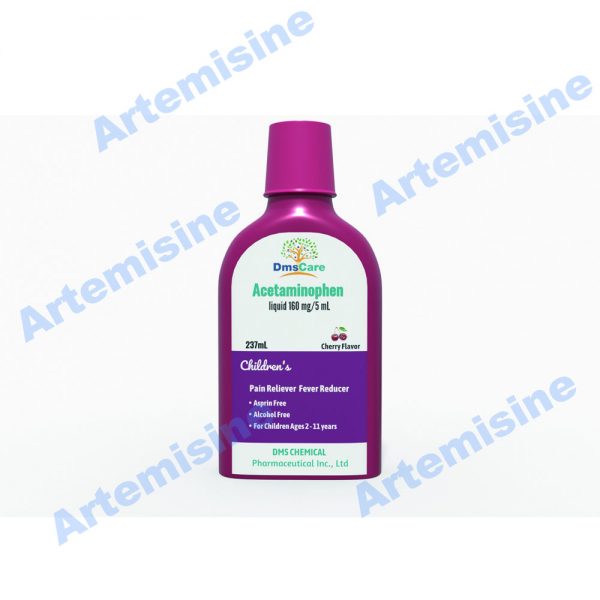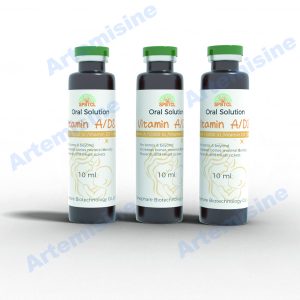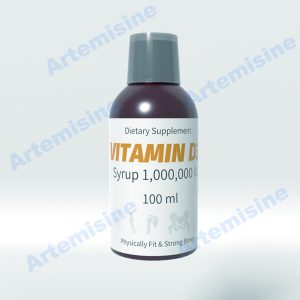Oral solutions represent a liquid form of medication that is administered through the mouth. This pharmaceutical dosage form is designed for ease of ingestion and is particularly beneficial for individuals who have difficulty swallowing tablets or capsules. Oral solutions offer a versatile and convenient means of delivering medications, catering to a wide range of therapeutic needs.
**Composition and Formulation:**
Oral solutions are composed of one or more active pharmaceutical ingredients (APIs) dissolved in a liquid vehicle. The liquid vehicle can be water, a mixture of water and alcohol, or other suitable solvents. Additionally, flavoring agents and sweeteners may be added to enhance palatability and improve the overall patient experience.
**Ease of Administration:**
One of the key advantages of oral solutions is their ease of administration. Patients, including children and older adults, often find it more convenient to swallow a liquid medication compared to solid dosage forms. This is particularly relevant in cases where precise dosing is crucial, and liquid formulations allow for accurate measurement.
**Rapid Absorption:**
Upon ingestion, the active ingredients in oral solutions are readily absorbed in the gastrointestinal tract, leading to relatively quick onset of action. This can be advantageous for medications where a prompt therapeutic effect is desirable.
**Customized Formulations:**
Oral solutions offer flexibility in terms of formulation, allowing for customized drug concentrations to meet specific patient needs. This is particularly valuable in pediatric medicine, where dosages may need to be adjusted based on the age and weight of the child.
**Therapeutic Applications:**
Oral solutions are utilized across various therapeutic areas, including antibiotics, antipyretics, analgesics, and cough syrups. Additionally, they are employed for liquid forms of vitamins and minerals, providing an effective means of supplementing essential nutrients.
**Pharmaceutical Challenges:**
Formulating stable and palatable oral solutions poses certain challenges, including maintaining the chemical stability of the active ingredients and ensuring compatibility with the selected excipients. Pharmaceutical scientists work to address these challenges, optimizing formulations to deliver safe, effective, and palatable oral solutions.
In conclusion, oral solutions play a crucial role in pharmaceutical formulations, providing a user-friendly and effective option for drug delivery. Their ease of administration and rapid absorption make them valuable in diverse medical scenarios, contributing to patient compliance and improved therapeutic outcomes. Advances in formulation technology continue to enhance the quality and versatility of oral solutions in modern healthcare.
